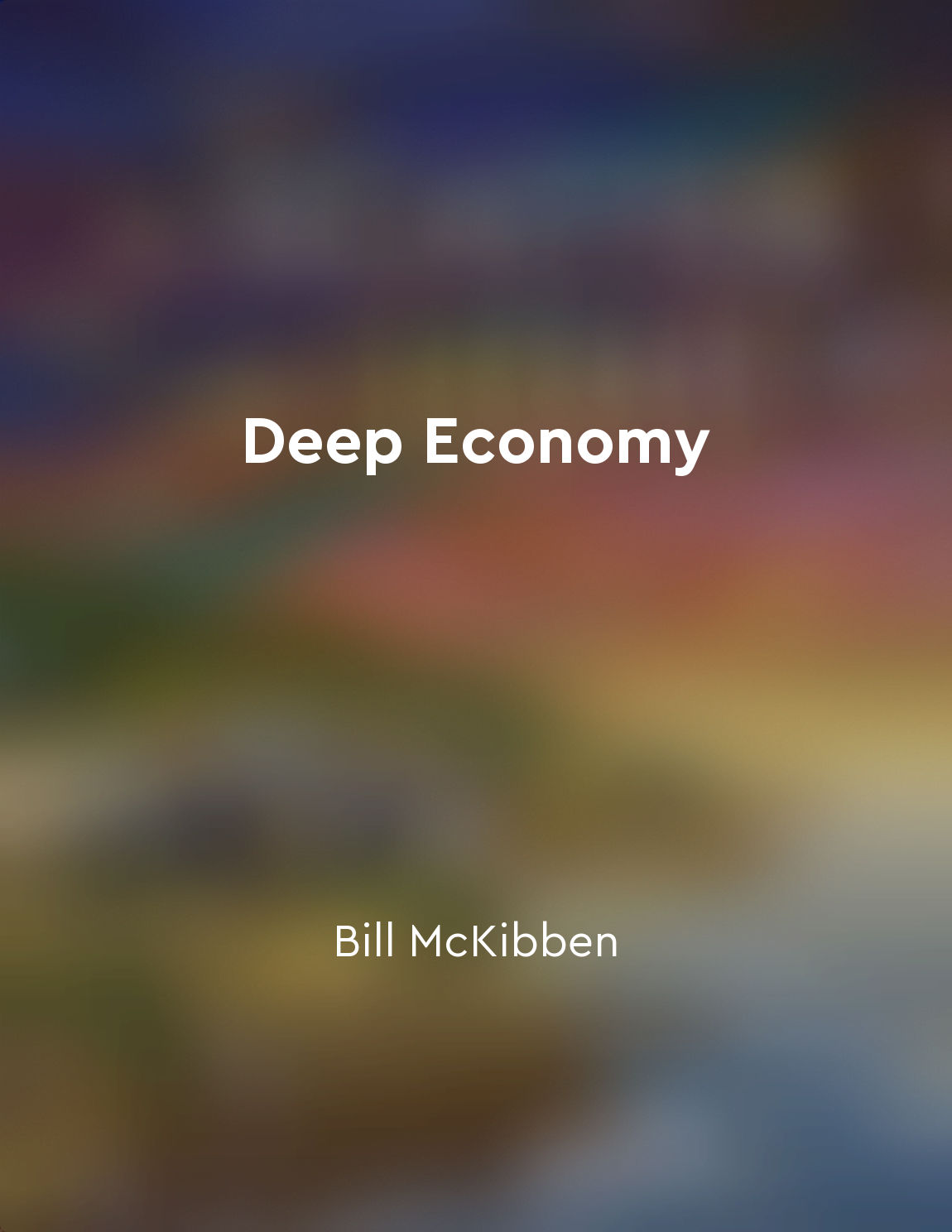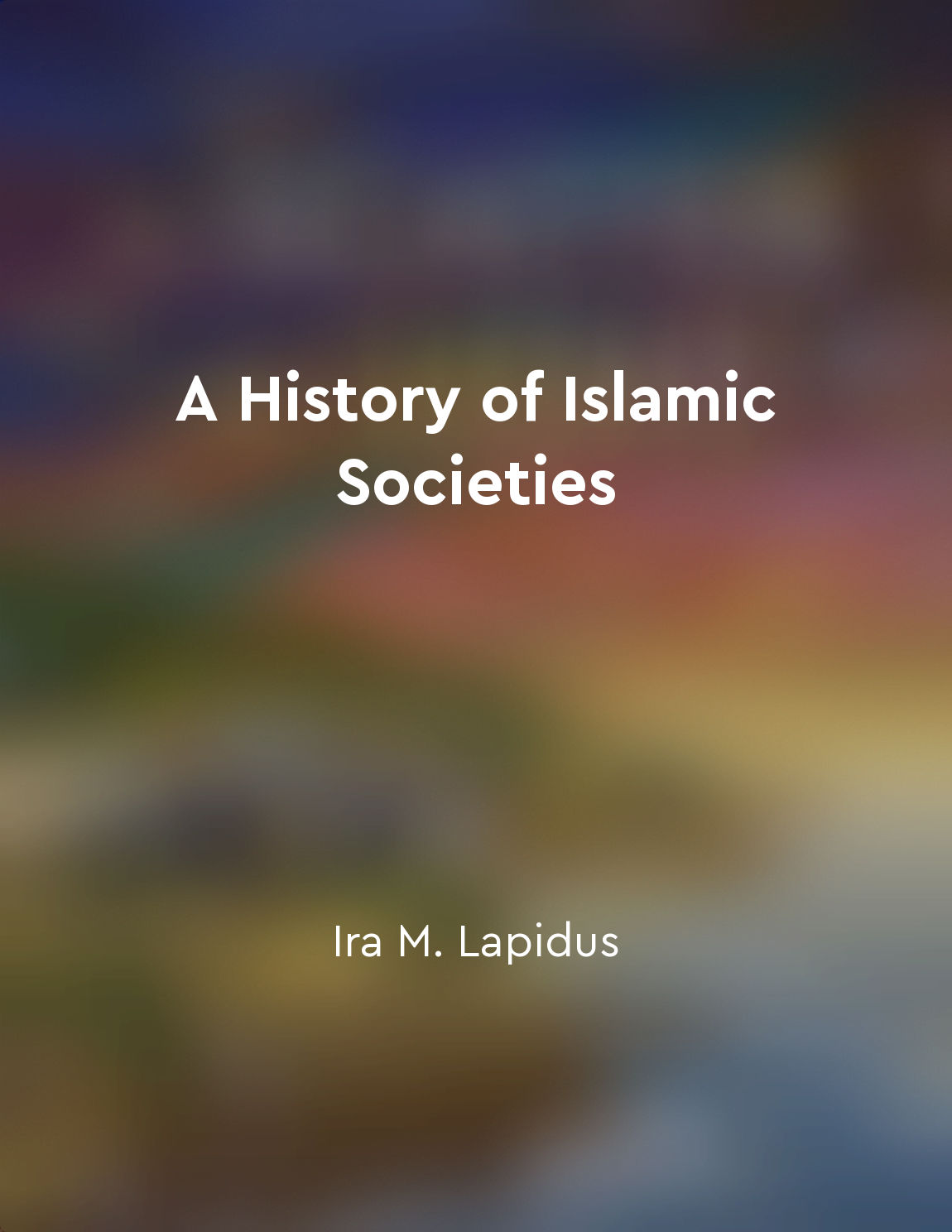Oil exploration can harm indigenous communities from "summary" of Oil by Sucha Singh Khera
Oil exploration has long been a contentious issue, especially when it comes to its impact on indigenous communities. The quest for oil often involves drilling in remote areas where indigenous people live, leading to a range of negative consequences for these communities. One of the most significant ways in which oil exploration can harm indigenous communities is through environmental degradation. The process of drilling for oil can result in the destruction of forests, contamination of water sources, and disruption of wildlife habitats. This can have devastating effects on indigenous people who rely on the land and its resources for their survival and cultural practices. In addition to environmental impacts, oil exploration can also lead to social and cultural disruptions for indigenous communities. The influx of workers and infrastructure associated with oil projects can bring about changes in traditional ways of life, leading to social problems such as increased alcoholism, drug abuse, and violence. Furthermore, the displacement of indigenous peoples from their land can result in loss of cultural identity and connection to their ancestral territories. Moreover, oil exploration can exacerbate existing social and economic inequalities within indigenous communities. The promise of jobs and economic development often touted by oil companies may not materialize for indigenous people, who may instead find themselves marginalized and excluded from the benefits of oil wealth. This can further deepen poverty and social exclusion among indigenous populations.- The impact of oil exploration on indigenous communities is complex and multifaceted, encompassing environmental, social, and economic dimensions. It is crucial for policymakers, oil companies, and indigenous leaders to engage in meaningful dialogue and collaboration to ensure that the rights and well-being of indigenous communities are protected in the face of oil development projects. Failure to do so can have far-reaching consequences for the sustainability and resilience of indigenous cultures and livelihoods.
Similar Posts
Urban areas become overgrown with vegetation
In a world without humans, the once bustling urban areas would slowly be reclaimed by nature. Without constant maintenance and ...
Facilitating access to markets for local products
To improve the economic well-being of rural communities, it is crucial to create opportunities for local products to reach a wi...

The pursuit of endless growth is unsustainable
Our current economic system is built on the premise that endless growth is not only possible but necessary. We are constantly b...
Man's obsession with the tree
The story of the golden spruce is not just about a remarkable tree, but also about the deep-rooted obsession that mankind has w...
The need for environmental education
The urgency of educating people about the environment is a pressing matter that requires immediate attention. In today's world,...

Islamic societies faced challenges from European colonial powers
Islamic societies encountered formidable obstacles from European colonial powers that sought to exert their dominance over vast...
Tradition passed down
In the remote corners of the world, far from the bustling cities and modern conveniences, old traditions still hold strong. The...
The untamed beauty of Alaska
In Alaska, the land is untamed, vast, and unspoiled. It is a place where nature reigns supreme, where the harshness of the envi...
Desert plants have evolved remarkable defenses against predators
Desert plants have evolved an impressive array of defenses against predators. One of the most common strategies is the developm...
My journey through Alaska was a testament to the power of nature
As I traversed the vast wilderness of Alaska, I was humbled by the sheer power and beauty of the natural world surrounding me. ...

